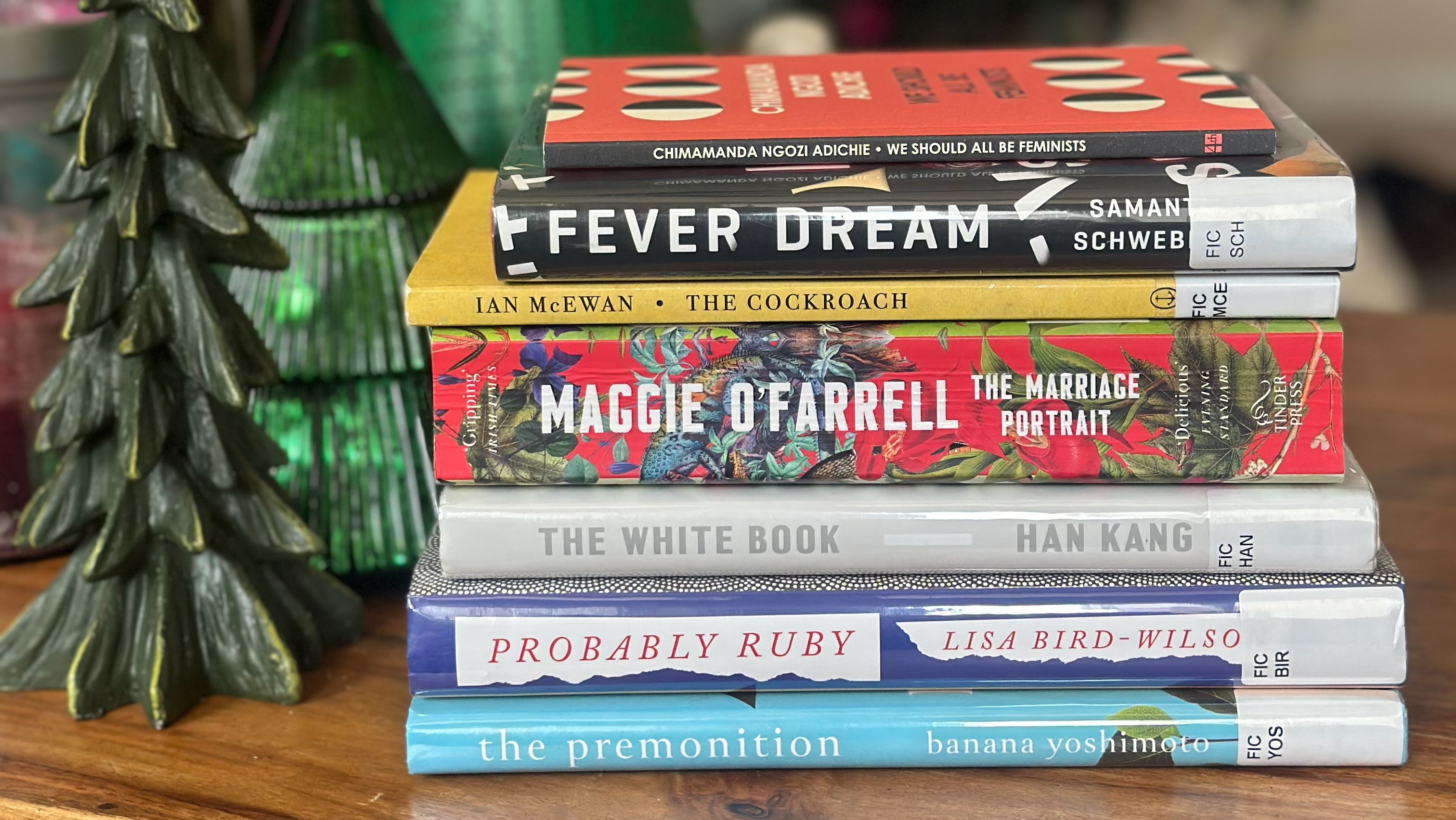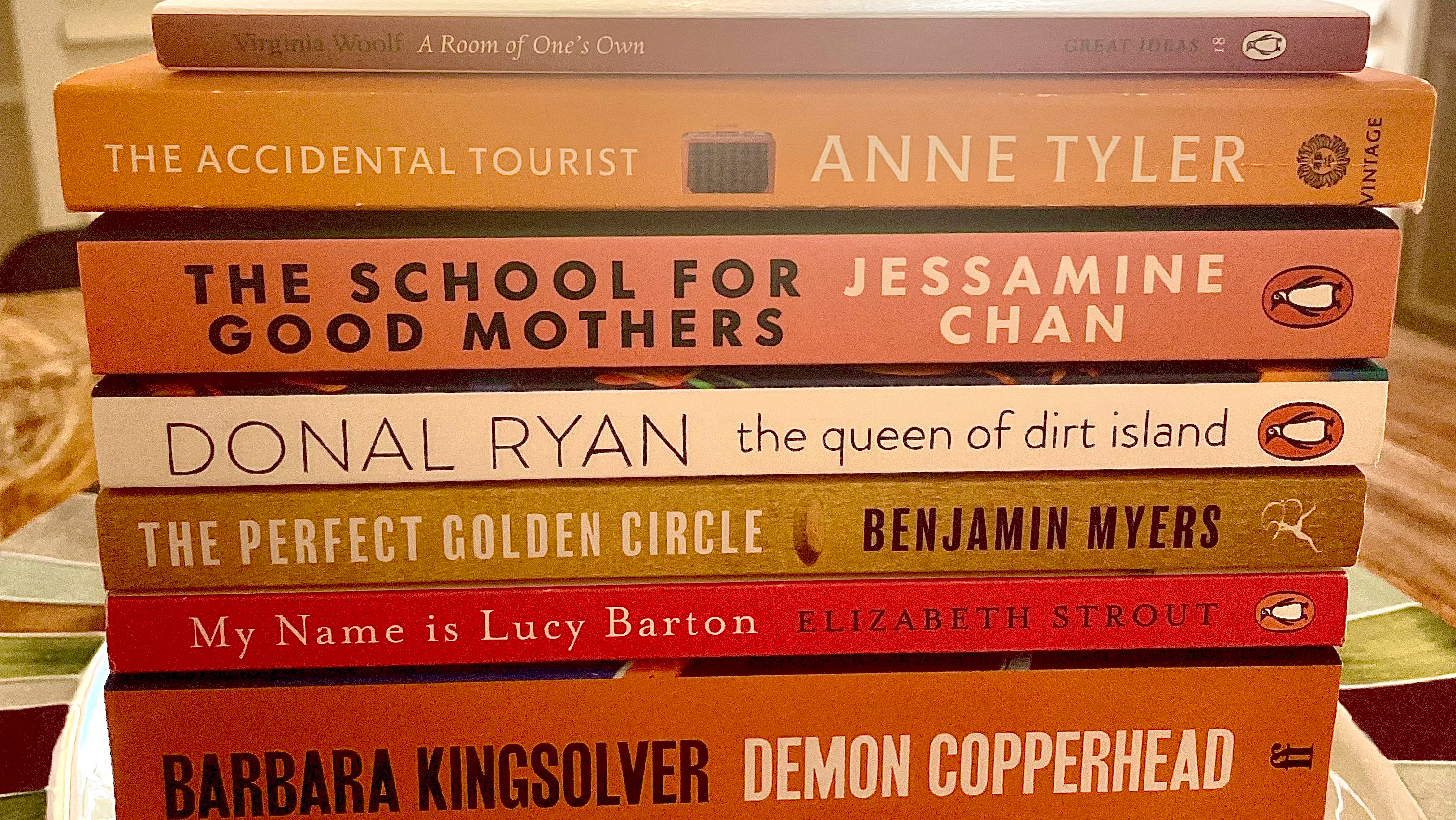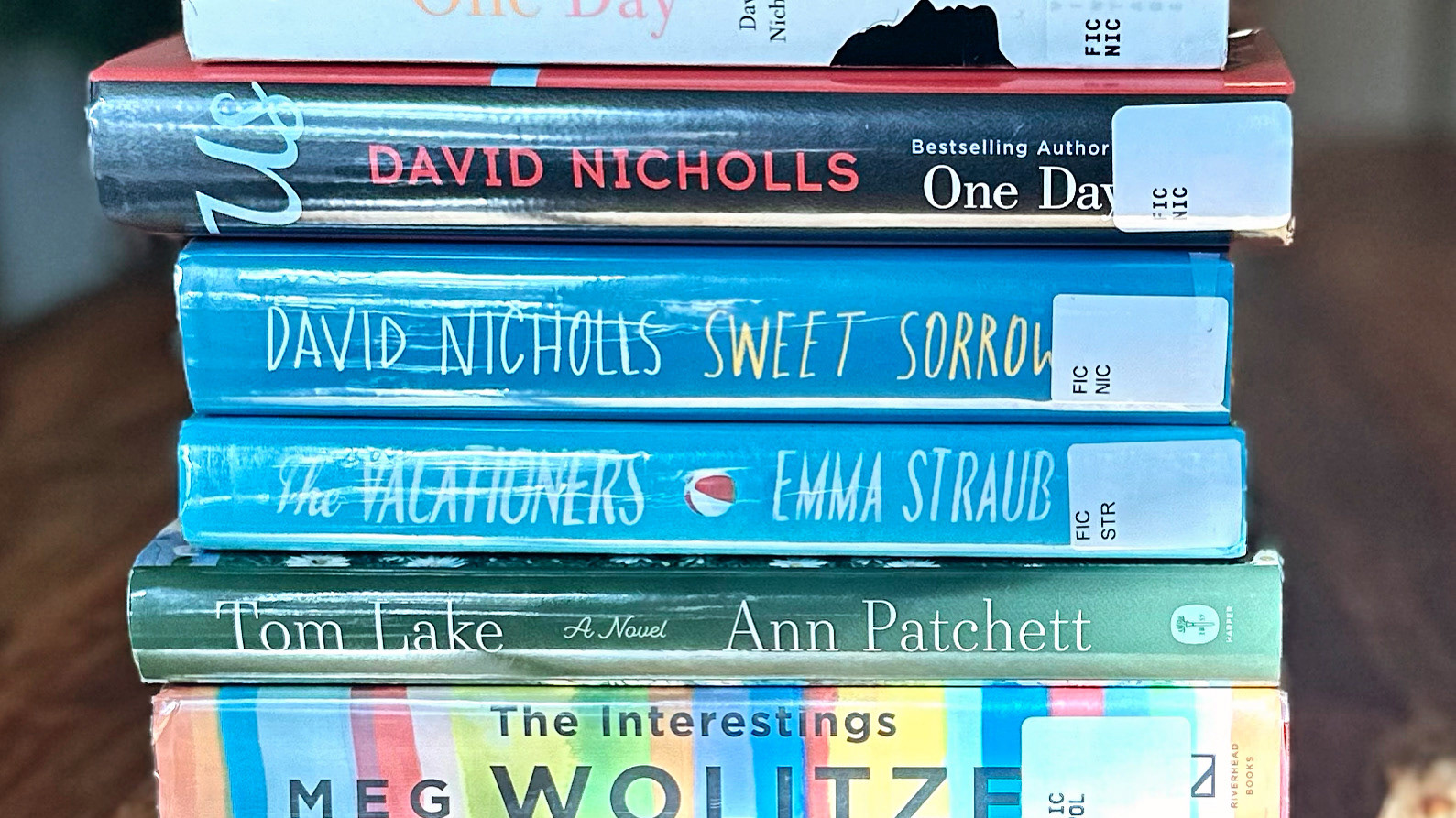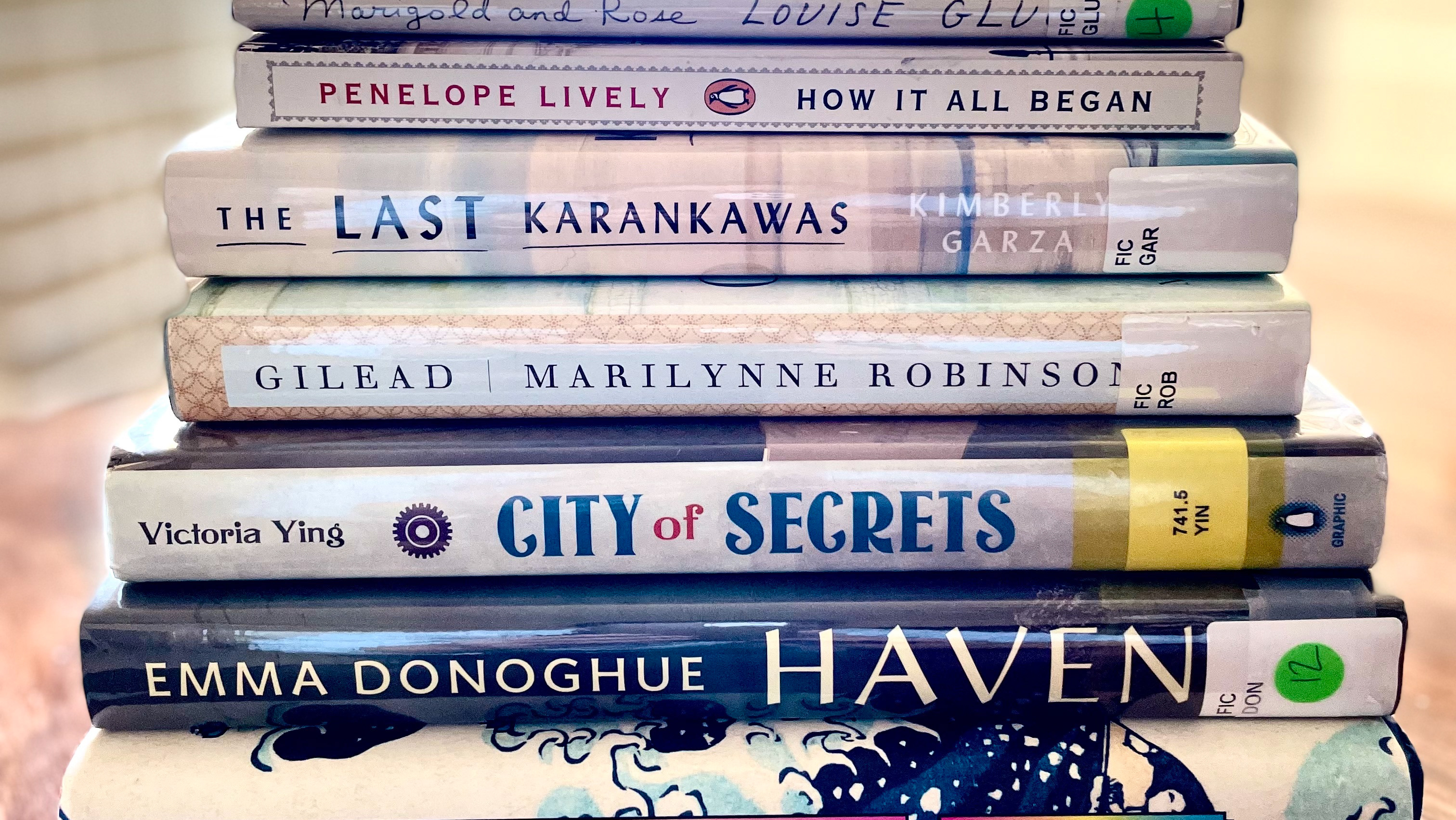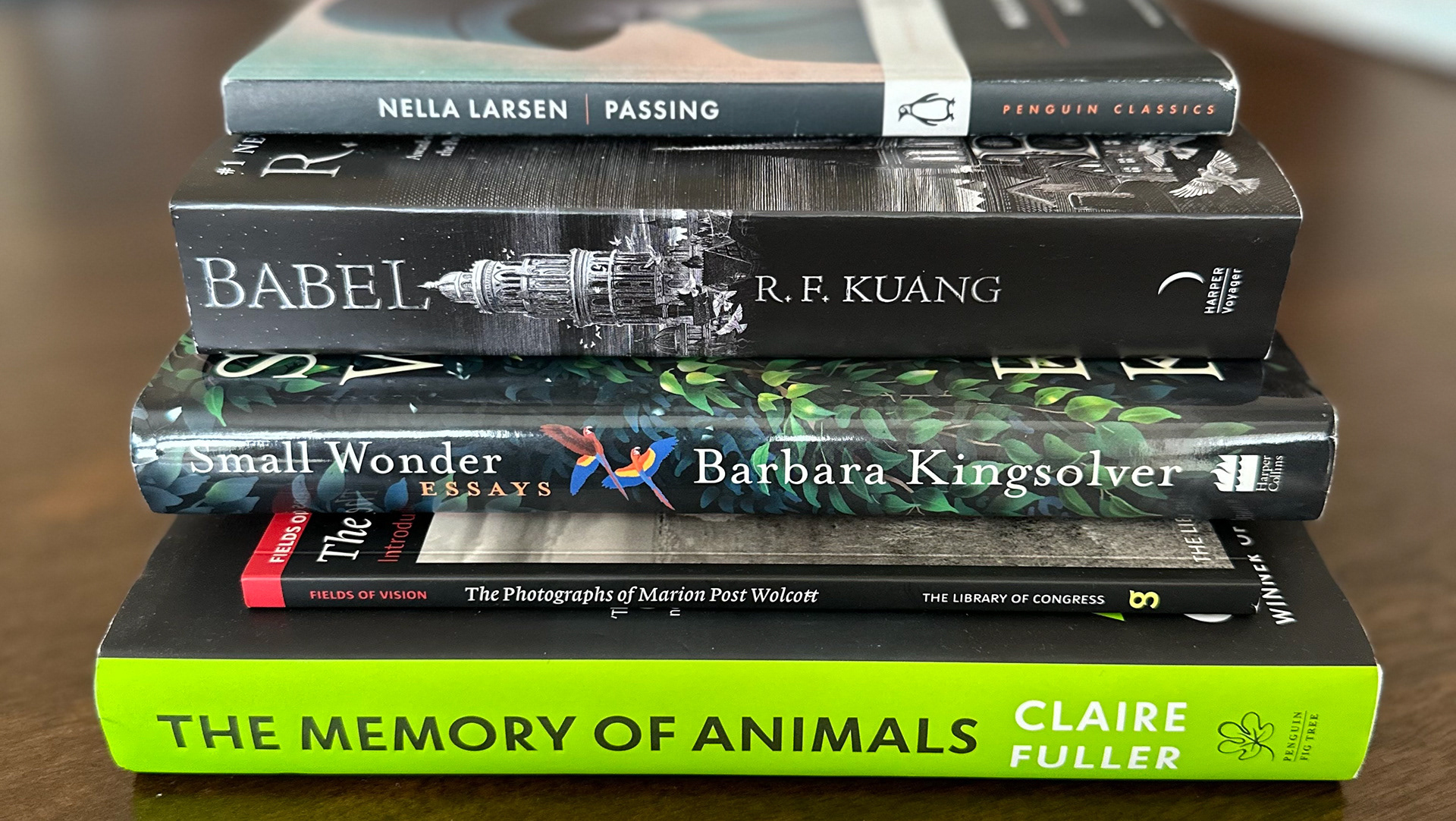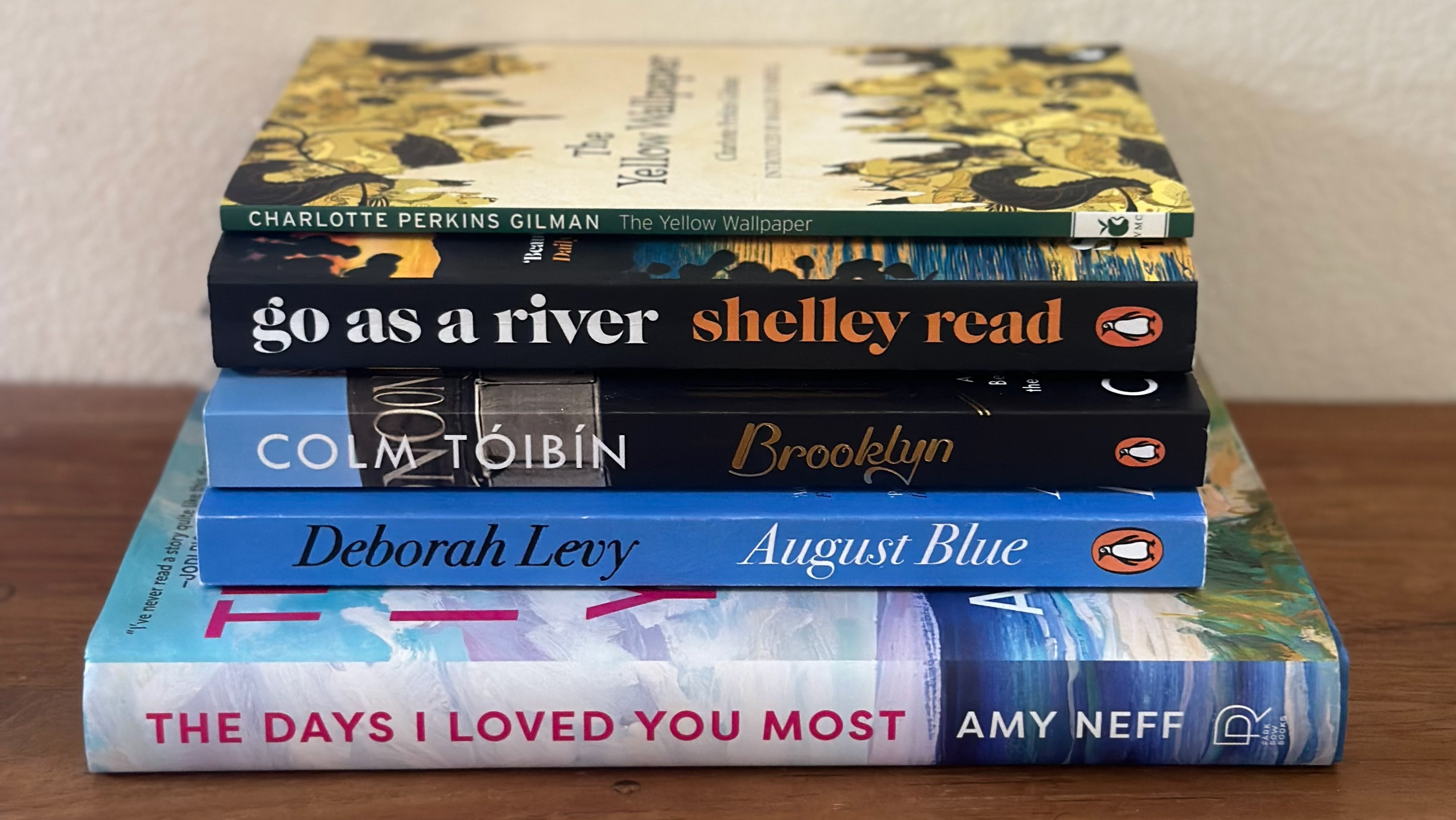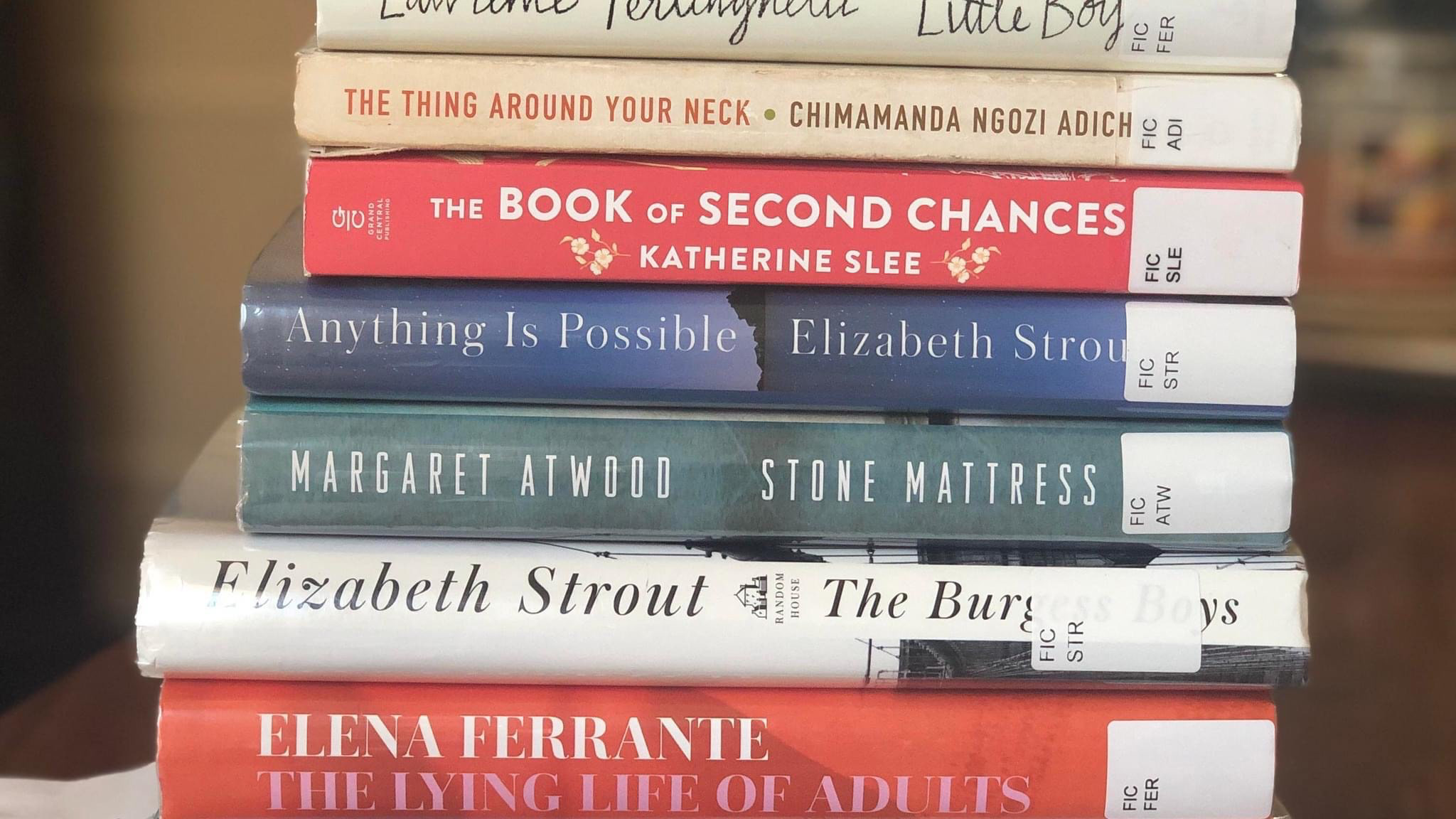Perfection by Vincenzo Latronico
Short and exact, this novel by Vincenzo Latronico, originally written in Italian and translated to English by Sophie Hughes, is satirical in the best possible way. It's subtle but specific with its social commentary on how globalisation, foreign living and the internet has moulded a generation of restless, dissatisfied, impermanent beings. Poor Anna and Tom, the protagonists of the novel fashioned a dream life for themselves in Berlin, having studied abroad and then chosen to move their creative work to a city that seemed vibrant and modern and different in contrast to their southern European home country. The novel jibes here and there at those who ever thought it a good idea to relocate and find excitement in a city away from home, those who merged their creative existences into freelance, remote working and ended up seeking unique bohemian experiences. The satirical descriptions of house plants, cafe culture, language difficulties and bureaucracy of living as an expat. are pretty apt.
Here are some of my favourite lines from later in the novel:
"The life promised by these images is clear and purposeful, uncomplicated ... [but] Reality didn't always live up to the pictures."
"They moved with an almost unreal slowness. They seemed trapped in a pocket of light in the darkness of the city, as if in a fish tank. But if Anna and Tom watched them for too long the perspective would reverse and suddenly they would be overcome, dizzied, by the feeling that it was they who were trapped."
"...the seductiveness of the images made them forget all the stress that lay just out of frame."
"They had been stupid not to appreciate those experiences in the moment. It seemed so obvious with hindsight."
"It was all different, which was what they had wanted; and yet it was also somehow all the same. They had wanted that too, but still they weren't satisfied."
"The city was so charming, so rich with history that their explorations of it felt samey and touristy, which wasn't how they liked to see themselves."
"Enthusiasm eluded them, always just out of reach."
review by Christina Francis-Gilbert
The Boys by Leo Robson
The hypnotic cover of Leo Robson's The Boys caught me on this one, as well as the relationship between brothers living on two sides of the Atlantic. The male protagonist is lonely, unmotivated, a little needy, kind, generous but stuck in a rut, living a life that's not yet removed from his old student days. Satirical and humorous since I read this novel as a presentation of the dangers of prolonging student lazy living, especially in a metropolitan city that doesn't help with low-key frugality.
I was intrigued to read from a male author offering a character-driven, seemingly very literary novel without a firm direction towards any particular genre. As in, this seems to be a perfect example of what Men's Fiction should be, if we compare with its equivalent Women's Fiction. The novel includes certain intricacies of young male lives, the relationship issues and concerns that crop up when characters meet old flames, friends, estranged siblings, family and haunts from the past.
I loved the London setting and a lot of this novel reads as familiar to me, having grown up in Kent, very close to London and its environs.
The opening of this novel is uninspiring though, which is a shame and unfortunately does set up much of the rest of the novel to be a slowly filtered collection of experiences, meetings and conversations.
As a literary fiction reader and knowing Leo Robson to have been one of the Booker Prize judges in 2018, the mundane and unexciting scenes made me suspicious for more! I read vibes of anarchy and the novel's style could be compared with that of The Man Who Was Thursday by G. K. Chesterton. Its underlying subtle social commentary on London living (and Londoners) was brilliant!
This is a novel that possibly needs to be deconstructed to be fully appreciated and to some extent understood. Is it existentialist? Does its style include meta-fiction? Is London meant to be a sort of speculative fantasy world? I would even be as direct to say that it's a story that's written very much with cinematic TV episodic TV series sequencing and style, with an eye on a screenplay future? The characters are a great diverse selection of people who represent the nature of expatriate, privileged Londoners.
The specificity of details and contextual references is not lost on me. I was born in 1980, spent my teens living in southeast England during the '90s and thus the fact the novel is set during the 2012 Olympics works well for me.
Many thanks to NetGalley, RiverRun and Hachette UK for the early review opportunity.
review by Christina Francis-Gilbert


